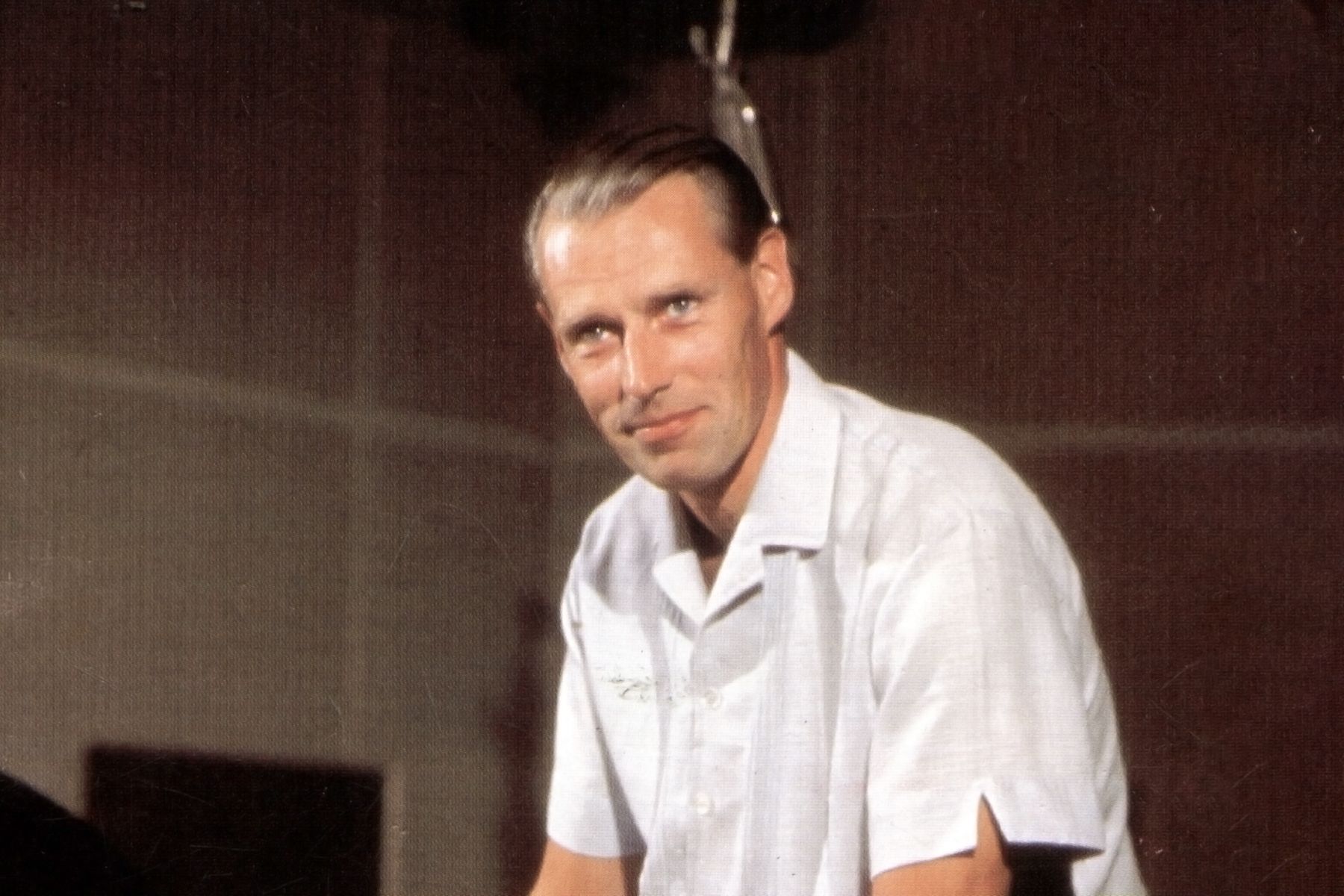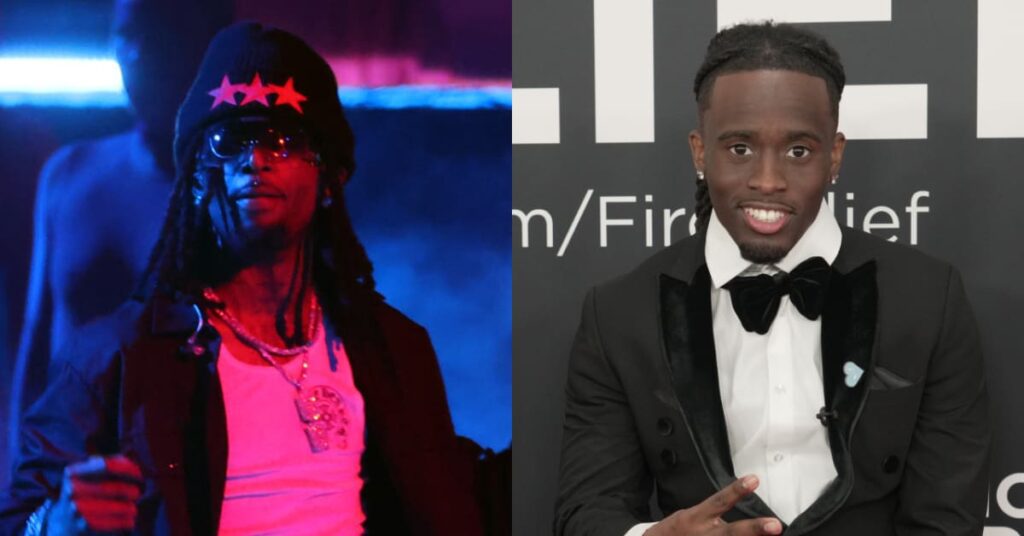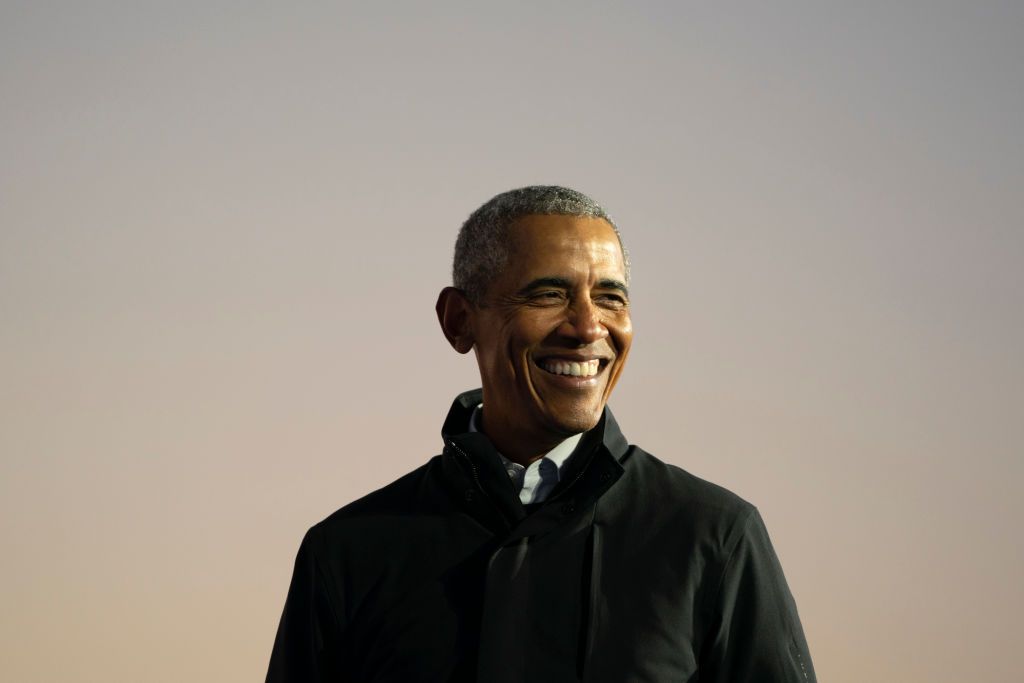
Beatles Producer George Martin: Secret EDM Pioneer?
Sir George Martin is best known, of course, for producing the Beatles, as well as Seventies albums by America and Jeff Beck. But early in his career, did he help popularize electronic music? Two unearthed recordings, to be reissued in May, hint at another, forgotten side of Martin’s story.
In April 1962, two months before Martin met the Beatles, a mysteriously named act called “Ray Cathode” released a single on Parlophone, the U.K. label owned by EMI. Called “Time Beat,” the two-minute instrumental A-side sounded like cocktail lounge music for a robot party. The B-side, “Waltz in Orbit,” was another, even more rhythmic track that felt like surf music from outer space. In photos announcing the record, Martin, then head of Parlophone, posed for photos with “Cathode,” who turned out to be a computer. (Think something akin to the robot in Lost in Space.)
In reality, Ray Cathode was a nom de studio for Martin and English TV producer and electronic musician Maddalena Fagandini. In May, those two tracks will be reissued on a collectible vinyl EP limited to 100 copies. The release also includes remixes of the songs by Sparkle Division (brainchild of ambient composer William Basinski) and Drum & Lace (a.ka. Italian electronic music composer Sofia Hultquist).
Martin’s fascination with studio experimentation didn’t start with albums like Revolver and Sgt. Pepper’s Lonely Hearts Club Band. As he said in 2013, “I’m a person who gets bored quite easily and I don’t like doing the same thing over and over again. Once I was running the label I didn’t earn much money but I did have freedom to do what I wanted to do.”
For anyone expecting Beatles-style music, both songs may be pleasant surprises. Fagandini ran the Radiophonic Workshop, the sound effects department for the BBC, so “Time Beat” used one of the BBC’s between-program instrumentals as its foundation. Studio musicians provided the percussive backbeat. With its propulsive keyboards, “Waltz in Orbit” sounds especially ahead of its time; like a precursor to Nineties records by DJs like David Holmes and Propellerheads.
Proceeds from the sales will benefit Dublab, the non-profit radio station that broadcasts adventurous music from around the world.



